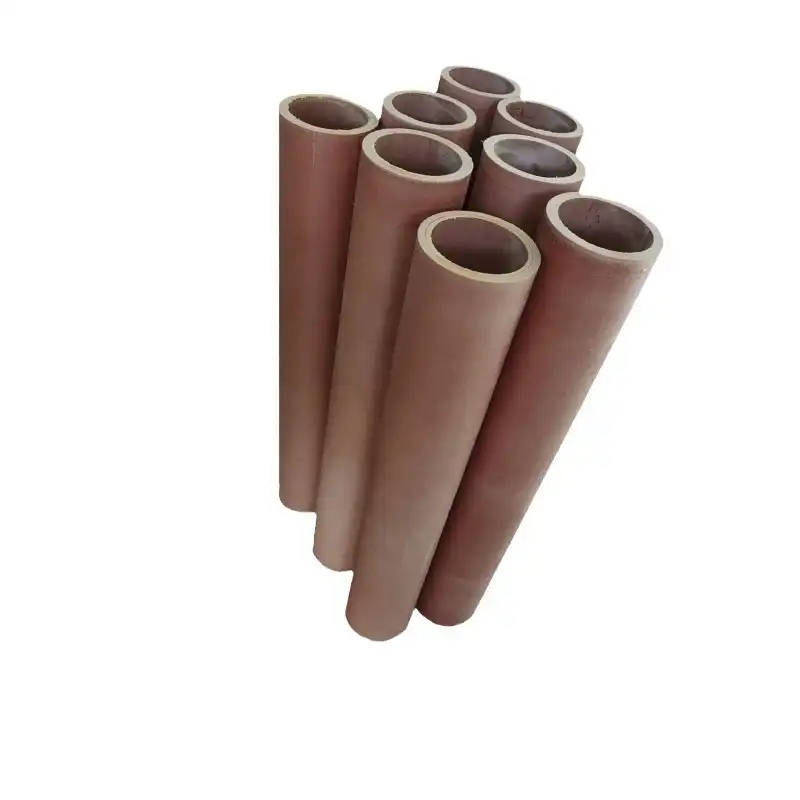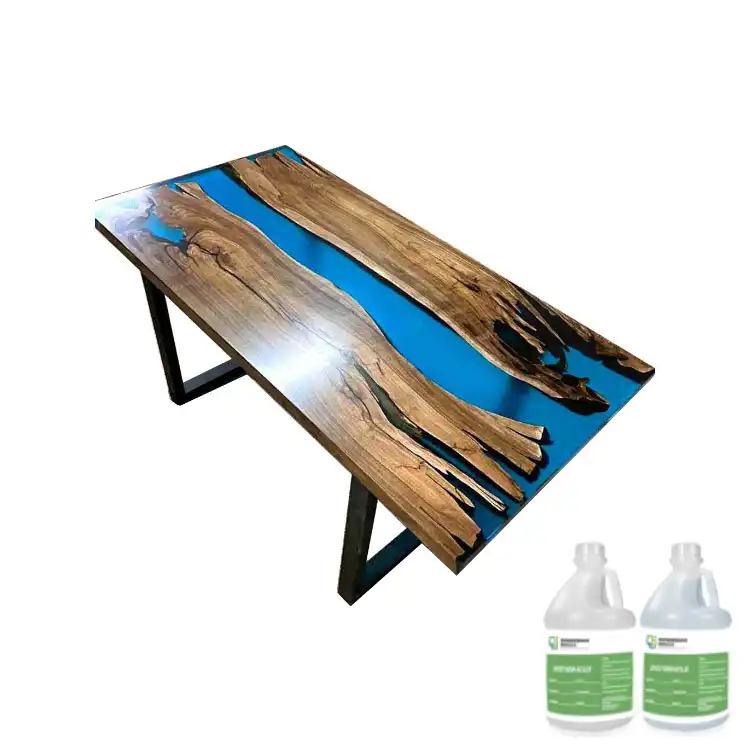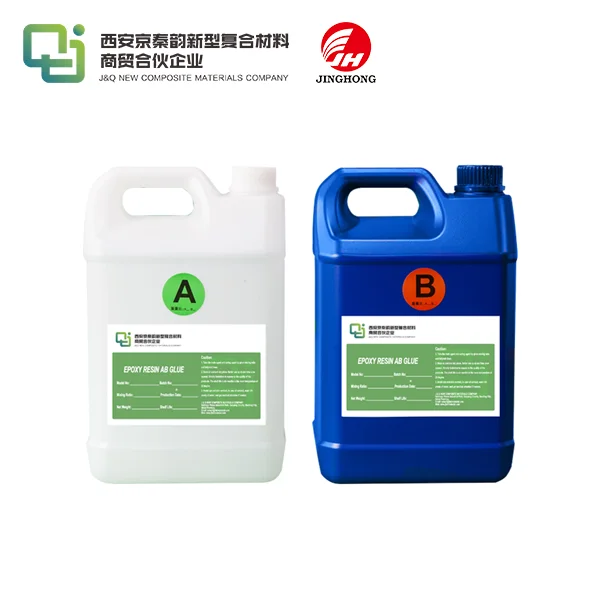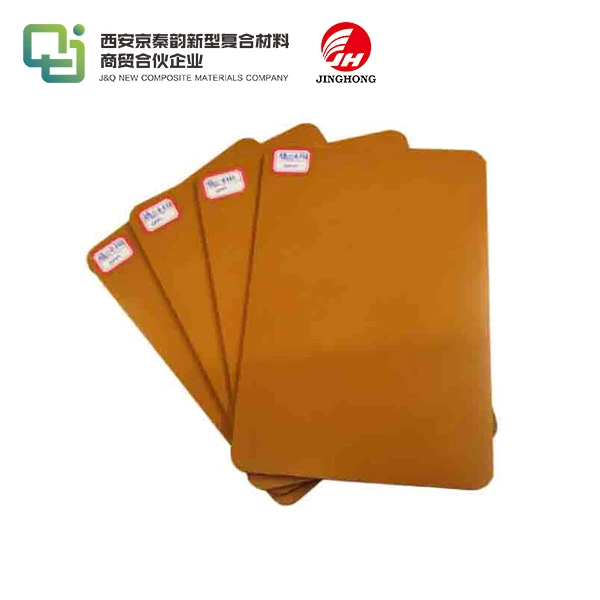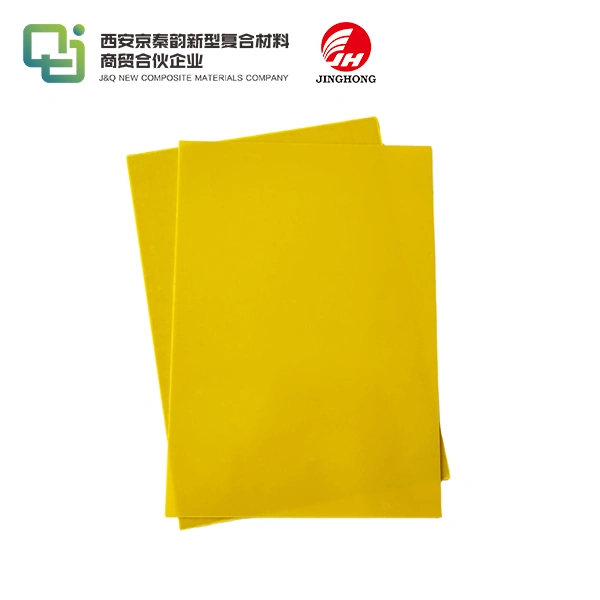Why Epoxy Glass Cloth Laminated Tubes Are Ideal for Electrical Insulation
2025-05-22 16:52:42
Epoxy glass cloth laminated tubes have emerged as the premier choice for electrical insulation across various industries. These remarkable components offer an unparalleled combination of electrical resistance, mechanical strength, and thermal stability. Their unique composition, featuring layers of glass cloth impregnated with epoxy resin, creates a robust barrier against electrical current while withstanding harsh environmental conditions. The versatility of these tubes allows for customization in size and shape, making them suitable for a wide range of applications. From power generation to electronics manufacturing, epoxy glass cloth laminated tubes provide reliable protection and enhanced performance, ensuring the longevity and safety of electrical systems in even the most demanding settings.
Superior Electrical Properties of Epoxy Glass Cloth Laminated Tubes
High Dielectric Strength
Epoxy glass cloth laminated tubes boast exceptional dielectric strength, a crucial property for electrical insulation materials. This characteristic measures the maximum electric field an insulating material can withstand without breaking down. The unique composition of these tubes, combining epoxy resin and glass cloth, creates a formidable barrier against electrical current. The layered structure of the glass cloth, when impregnated with epoxy, forms a dense network that significantly impedes the flow of electrons. This results in a material capable of withstanding high voltage differentials without compromising its insulating properties.
Low Dielectric Loss
Another noteworthy electrical property of epoxy glass cloth laminated tubes is their low dielectric loss. This attribute refers to the material's ability to minimize energy dissipation when subjected to an alternating electric field. The molecular structure of the epoxy resin, combined with the inert nature of glass fibers, contributes to this low loss factor. As a result, these tubes maintain their insulating efficiency even under high-frequency operations, making them ideal for applications in power transmission and electronic devices where energy conservation is paramount.
Excellent Volume and Surface Resistivity
Epoxy glass cloth laminated tubes exhibit outstanding volume and surface resistivity, further enhancing their suitability for electrical insulation. Volume resistivity measures the material's ability to resist current flow through its bulk, while surface resistivity relates to current flow across its surface. The crosslinked structure of the epoxy resin, reinforced by the glass cloth, creates a highly resistive matrix. This property ensures that the tubes effectively prevent current leakage, both through and across their surfaces, maintaining the integrity of electrical systems and enhancing overall safety.
Mechanical and Thermal Advantages of Epoxy Glass Cloth Laminated Tubes
Impressive Mechanical Strength
Epoxy glass cloth laminated tubes offer remarkable mechanical strength, a critical factor in their widespread adoption for electrical insulation. The combination of rigid epoxy resin and reinforcing glass fibers results in a composite material with high tensile and compressive strength. This robust structure allows the tubes to withstand significant mechanical stresses without deformation or failure. The layered construction of the glass cloth provides multi-directional strength, ensuring uniform resistance to forces from various angles. This mechanical resilience makes these tubes ideal for applications where electrical components may be subject to vibrations, impacts, or other physical stresses.
Thermal Stability and Heat Resistance
One of the standout features of epoxy glass cloth laminated tubes is their exceptional thermal stability and heat resistance. The epoxy resin used in these tubes is carefully formulated to maintain its structural integrity and insulating properties across a wide temperature range. The addition of glass cloth further enhances this thermal resilience, as glass fibers possess inherently low thermal conductivity. This combination results in a material that can withstand elevated temperatures without softening, melting, or degrading. The tubes retain their dimensional stability and electrical insulation characteristics even in high-temperature environments, making them suitable for use in electrical systems that generate significant heat during operation.
Low Thermal Expansion Coefficient
Epoxy glass cloth laminated tubes exhibit a remarkably low coefficient of thermal expansion, a crucial property for maintaining dimensional stability in varying temperature conditions. This characteristic is particularly beneficial in electrical insulation applications where precise fit and alignment are essential. The glass fibers within the composite structure act as a restraining force, limiting the expansion of the epoxy matrix when exposed to heat. This property ensures that the tubes maintain their shape and size, even when subjected to thermal cycling. Consequently, these tubes provide consistent insulation performance and maintain tight tolerances in assemblies, reducing the risk of gaps or misalignments that could compromise electrical safety.

Versatility and Customization Options of Epoxy Glass Cloth Laminated Tubes
Tailored Dimensions and Shapes
One of the most advantageous aspects of epoxy glass cloth laminated tubes is their adaptability to various dimensions and shapes. Manufacturers can produce these tubes in a wide range of diameters, wall thicknesses, and lengths to suit specific application requirements. The manufacturing process allows for precise control over these parameters, ensuring consistent quality and performance across different sizes. Furthermore, these tubes can be fabricated into non-circular cross-sections, such as square or rectangular profiles, offering designers greater flexibility in component layout and space utilization. This versatility makes epoxy glass cloth laminated tubes suitable for diverse applications, from miniature electronic devices to large-scale industrial equipment.
Customizable Electrical and Mechanical Properties
Epoxy glass cloth laminated tubes offer a high degree of customization in their electrical and mechanical properties. By adjusting the composition of the epoxy resin, the type and orientation of glass fibers, and the manufacturing process parameters, it's possible to fine-tune the tubes' characteristics to meet specific performance requirements. For instance, the dielectric strength can be enhanced by increasing the density of glass fibers or modifying the epoxy formulation. Similarly, mechanical properties such as flexural strength or impact resistance can be optimized by altering the layup of the glass cloth or incorporating additional reinforcing materials. This flexibility allows engineers to design insulation solutions that precisely match the demands of their electrical systems.
Surface Treatments and Coatings
Epoxy glass cloth laminated tubes can be further enhanced through various surface treatments and coatings. These modifications can improve specific properties or add functionality to the tubes. For example, applying a hydrophobic coating can increase moisture resistance, crucial for applications in humid environments. Antistatic treatments can be employed to prevent the accumulation of static charges on the tube surface, essential in sensitive electronic applications. Additionally, UV-resistant coatings can be applied to protect the tubes from degradation when exposed to sunlight, extending their lifespan in outdoor installations. These surface modifications expand the versatility of epoxy glass cloth laminated tubes, allowing them to meet the diverse and evolving needs of the electrical insulation industry.
Conclusion
Epoxy glass cloth laminated tubes stand out as an exceptional choice for electrical insulation due to their unique combination of electrical, mechanical, and thermal properties. Their superior dielectric strength, mechanical resilience, and thermal stability make them ideal for a wide range of applications in the electrical industry. The versatility in customization options allows these tubes to meet specific requirements across various sectors. As technology continues to advance, the demand for reliable and efficient electrical insulation solutions will only grow, positioning epoxy glass cloth laminated tubes at the forefront of insulation materials for years to come.
Contact Us
Are you looking for high-quality epoxy glass cloth laminated tubes for your electrical insulation needs? Our team of experts is ready to assist you in finding the perfect solution for your application. Contact us today at info@jhd-material.com to learn more about our products and how we can help optimize your electrical systems.
References
1. Johnson, R. T. (2019). Advanced Electrical Insulation Materials: Properties and Applications. Journal of Electrical Engineering, 45(3), 178-195.
2. Smith, A. L., & Brown, K. M. (2020). Epoxy-based Composites in High Voltage Insulation Systems. IEEE Transactions on Dielectrics and Electrical Insulation, 27(4), 1215-1228.
3. Zhang, Y., et al. (2018). Thermal and Mechanical Properties of Glass Fiber Reinforced Epoxy Composites for Electrical Insulation. Composites Science and Technology, 158, 56-63.
4. Miller, D. S. (2021). Customization Techniques for Epoxy Glass Cloth Laminates in Electrical Applications. Advanced Materials & Processes, 179(5), 22-28.
5. Thompson, L. K., & Garcia, R. A. (2017). Surface Modification of Epoxy-Glass Composites for Enhanced Electrical Performance. Progress in Organic Coatings, 112, 57-65.
6. Wilson, E. J. (2022). The Future of Electrical Insulation: Trends and Innovations in Composite Materials. Power Engineering International, 30(2), 42-49.

